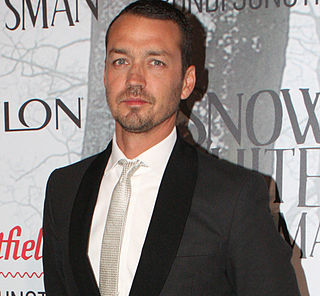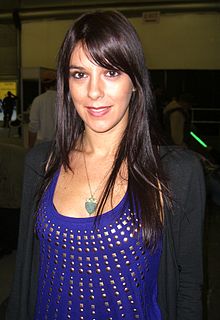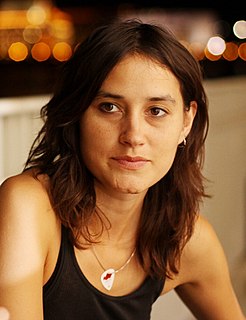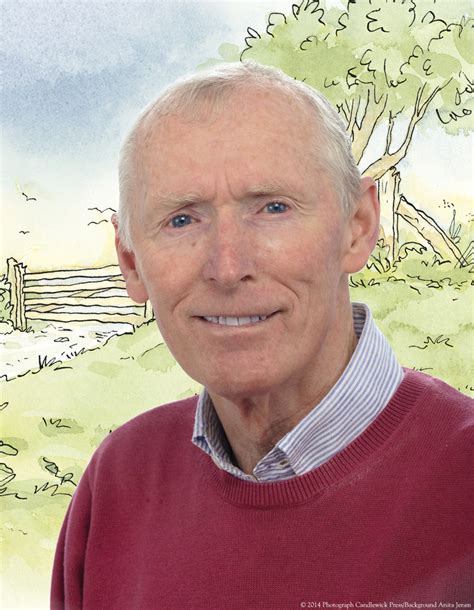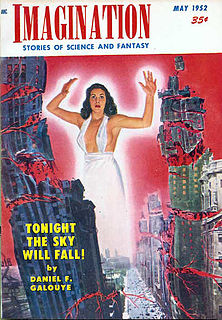A Quote by Margaret Mahy
I don't think I prefer writing for one age group above another. I am just as pleased with a story which I feel works well for very small children as I do with a story for young adults.
Related Quotes
It is always just telling a story, regardless of the age of the reader. Except, if I'm writing something for kids, I know there has to be hope. I don't necessarily feel that responsibility for adults, but I emphatically feel it for children. That's the only difference. There's no syntax difference. There's no semantics difference. There's no thematic difference.
On the craft level, writing for children is not so different from writing for adults. You still have to have a story that moves forward. You still have to have the tools of the trade down. The difference arises in the knowledge of who you're writing for. This isn't necessary true of writing for adults.
Incredibly, nearly 70,000 Young Adults between 15-39 are diagnosed with cancer each year. 10,000 will not survive. This is a very important stat for me, because I fall in this category. I am one of these statistics. Unlike every other age group, there has been no improvement in the 5-year survival of young adults in 30 years. That means many young adults have the same chance of getting cancer and dying from it as they did in the 1970's. This is not OK.
To me, when one is writing sometimes about a very specific subject with very specific people, I feel like if that story doesn't cross over, it's not working. That's very beautiful to me, to be sitting in Berlin and there's an actor reading my book in German. I don't even know what's going on, except I know to feel my own rhythms in another language and say, "If this is going well, I think everyone should laugh around now." Then maybe there's laughter, and for me, it reminds me of how story can move around the world.
I think that when I'm telling a story, I'm doing the best I can to tell the story as fully as I can, and if there are various fractures that happen in the story, then that's just the very thing that the story is as opposed to my looking for avenues of difference in one story. They just really do exist. For me, anyway.
I think the best thing about music is that someone could be writing a song that's so personal, and it tells so many other people's story at the same time. It kind of exemplifies that we are all kind of on the same wave[length] - it's amazing how comforting somebody else's story can be, because we have experienced their story in some way or another, and I can totally relate, and I get to feel that feeling and the expression of that emotion. I get to feel like as a listener, that somebody understands me, which is pretty incredible.
People often ask authors where their ideas come from, and often authors say they don't know. But I do know about this one. Once upon a time, my wife and I had three small children -- two boys and a girl, just like in the story. And when they were young, we used to tell them a story very like YOU'RE ALL MY FAVORITES.
So tell me, since it makes no factual difference to you and you can't prove the question either way, which story do you prefer? Which is the better story, the story with animals or the story without animals?' Mr. Okamoto: 'That's an interesting question?' Mr. Chiba: 'The story with animals.' Mr. Okamoto: 'Yes. The story with animals is the better story.' Pi Patel: 'Thank you. And so it goes with God.





